NEW SCIENCE AND INNOVATION ATTACHE AT ICDK MUNICH
Munich is the capital of Bavaria and home to two world leading universities and many other top research institutions. Munich has a strong innovation ecosystem, emerging, among other things, from the industry 4.0. Automation, life sciences and breakthrough technological innovations are what make academia and entrepreneurship prosper in this Southern German capital.
Give a brief introduction of yourself

I am a 45-year old Dane with a German minority background from Southern Denmark, and for the previous nine years I have worked as a National Contact Point for the European programme for Science and Innovation, Horizon Europe, at the Danish Agency for Higher Education and Science in Copenhagen. It has been such a pleasure to work with people from the Danish science- and innovation ecosystem, helping them find the right channels to support them in their project development. And, it has been exciting being able to work across Europe and beyond with Brussels as epicenter.
I have also worked with regional development in a Danish region for six years. I studied comparative literature at the University of Copenhagen with an Erasmus exchange at the Humboldt University in Berlin.
What motivated you to apply for the position as science and innovation attaché in Munich?
Apart from an always inherent “Fernweh”, Munich looked to me to be the perfect opportunity to combine my work experience within the Danish science and innovation ecosystem with my German speaking background. I am motivated by immersing myself into new fields of knowledge and finding the right people to cooperate with to make a lasting impact.
What has been the biggest change for you in your professional and private life?
Going from a role as national contact point to being a science and innovation attaché in a new country means having to build up new knowledge and a new network, while attempting to maintain the already established network. This is a real and very exciting challenge.
And, of course, it is a big change for the family to move to a different country, changing the well-known Danish school and friends to a new English speaking school and to adapt to an albeit neighbouring, but different culture.
What will you miss the most in Denmark – professionally and personally?
I miss my good colleagues and friends in my former job and having a network of people who know what I stand for. And personally, it is a big commute to see family and friends, even though it is the innovation centre closest to Denmark.
Fortunately, I already have good new colleagues here in Munich – and some family close by. Besides, some of our friends are already planning to visit!
What do you look forward to the most in your new job?
I look forward to getting to know more of the people I will work with in my time here as science and innovation attaché and to gain a deeper insight into the fast-developing Munich and Bavarian innovation ecosystem. I am excited to create great opportunities for the Danish ecosystem to network and establish useful contacts and knowledge from the German ditto.

What has been your first task in the job?
My first task has been to pinpoint the strategic focus of the forthcoming year in collaboration with my colleagues in the ICDK Team, which includes my colleagues here in Munich, people across the six other ICDK locations around the globe and at our Headquarter in Copenhagen. This is a process, which also entails consideration for the Danish priorities and the German strengths and it is a continued, iterative process.From your perspective, how will Danish research and education institutions benefit from collaborating with knowledge environments in Munich?
Danish research and education can learn from the close collaboration between industry and research in Munich. Having such a strong foundation in industry in Bavaria influences the research and paves the way to faster innovation. I can also see that the German students often have more experience from industry, before they have reached the Master’s degree, which might be due to the close collaboration. This is something the Danish research and education institutions could look into.What do you hope to have achieved in three years’ time?
It is my goal to have hit the right mark in choosing relevant topics, to create
flourishing network opportunities with relevant science and innovation partners
and to have established sustainable collaborations between the Danish and
German science, innovation and education ecosystems.
Any other information you would like to share?
Outside of work: it has already been fun to discover the particularities of Munich. Surfers of all ages surf the wave of the Eisbachwelle at all times of day, all year in wet suits. They have surfboard hangers on their bike or moped, which gives off a very cool vibe. The Bavarians take their Lederhosen and Dirndl very seriously – they wear them to work every now and then and you see them all over the U-Bahn, especially during the Oktoberfest in September. Moreover, it is very easy to get into the habit of having a salty ‘Brezel’, whenever you feel slightly hungry. They are everywhere!
